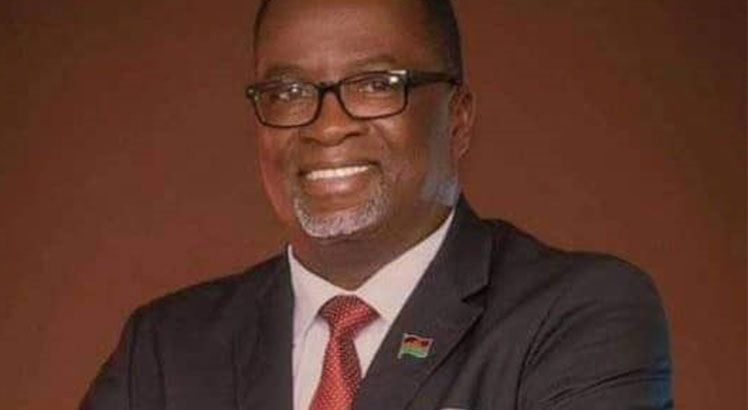Escom says unbundling has created mess
Electricity Supply Corporation of Malawi (Escom) has said its unbundling in 2018 has created more problems in the power sector that have heavily affected Malawians.
Speaking when Escom appeared before the Joint Parliamentary Committee on Natural Resources and Climate Change, Public Accounts, Legal Affairs, and Trade and Industry, Escom chief executive officer Kamkwamba Kumwenda and Escom chief operations officer Maxwell Mulimakwenda said there are many challenges in the power sector after the unbundling.
Kumwenda said since the unbundling, Escom has never made a profit and it buys electricity at a price more than the consumer.
“The last time Escom made a profit was in 2017, since then, Escom has never made a profit after the unbundling,” he said.
Kumwenda added that Escom is forced to pay huge sums of money for energy that was not delivered and in some cases, the amount for undelivered energy is more than what was delivered.

He said currently, Escom is fighting with Egenco over K82 billion for undelivered energy, adding that on top of the undelivered energy bill, Escom has to pay tax to Malawi Revenue Authority (MRA) for something that was not delivered.
Said Kumwenda: “For Egenco only, the amount for undelivered energy that we are being asked to pay is K82 billion. This is money for undelivered energy. Where will Escom get the money to pay for that?
“There is need to find a solution on who should be paying for the undelivered energy.”
He also produced an invoice for JCM Power where Escom was supposed to pay K651 million for electricity delivered but ended up getting a bill of K1.6 billion for undelivered energy.
He lamented that the undelivered power forces Escom to borrow money from banks to pay the independent power producers and tax to MRA for power that was not delivered.
Kumwenda also said Egenco is overvaluing assets that previously belonged to Escom. He said the assets worth K20 billion in 2018 are now valued at K228 billion so that Egenco gets more in its tarrif.
He said: “Malawians are the ones to suffer as they will be paying for something that they already paid for.”
Mulimakwenda said the power sector in Malawi is too small and it is not on to have many companies governing the sector.
“The power sector is only 400 megawatts and it is not right to have many companies governing the sector.
“Having many companies only burdens the end consumer with costs,” he said.
Mulimakwenda said the country should concentrate on increasing power generation and not having many companies governing the power sector.
He added that Escom respects that the single buyer function was allocated to Power Market Limited, according to him, it would be viable to have it within Escom.
Mulimakwenda also said all the megawatts that Egenco is generating was Escom’s initiative. He said the only addition to the national grid that can be pointed at after unbundling is the 80 megawatts by JCM Power.
He said the best option was not have many companies as the companies also bring their own challenges, further urging the committee to help in having the K82 billion that Egenco is claiming written off.
Co-chairperson of the committee Peter Dimba said the power sector in the country is in a mess and there is need to adress the challenges.
“A country as big as Malawi, we still have power less than 500 megawatts. It does not make sense. We cannot develop our industries, we cannot grow our economy if power is still at less than 500 megawatts,” he said.
Dimba also described as daylight robbery payment for undelivered power, saying that should be fixed.
He supported the move to write off the K82 billion that Escom owes Egenco for undelivered energy.
Escom was unbundled to attract independent power producers in the country. By having more power producers, it would help have the country generate more electricity and attract investors.
However, four years after the unbundling, the country is still struggling with electricity challenges.





